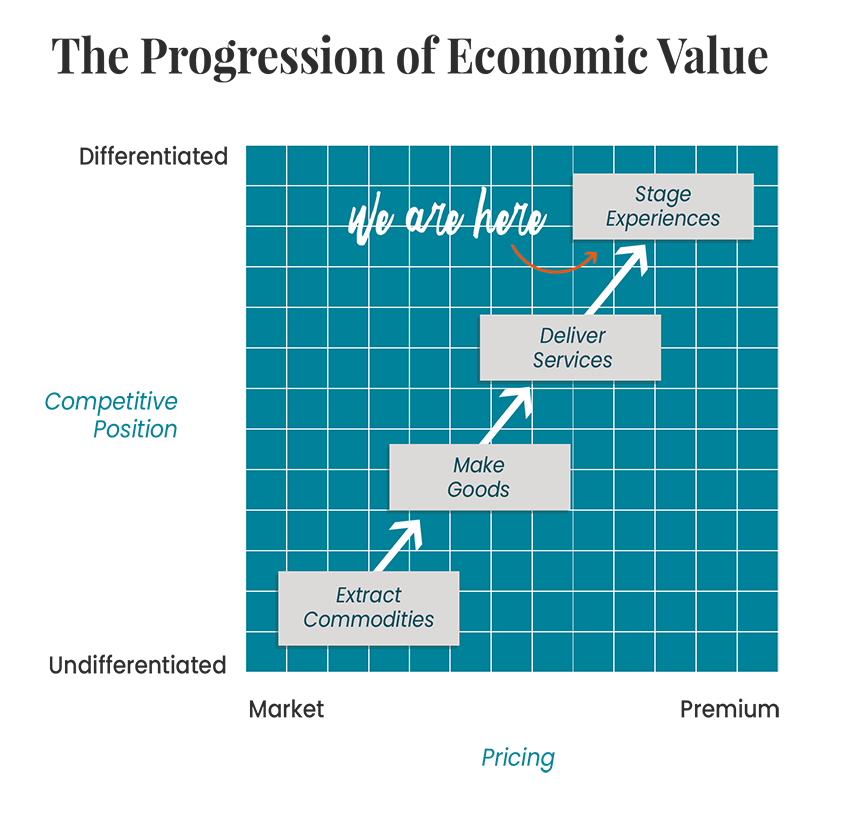According to a Harvard Business Review by B. Joseph Pine II and James H. Gilmore, amidst the fourth industrial revolution, the experience economy came to be as a differentiator along the progressions of economic value. The two experts presented the term “Experience Economy” as a concept that has transformed organizations, streamline services, create products and engage customers.

The experience economy has transitioned us from the traditional business models to a more immersive form of customer service that engages clients in a way that produces a memorable event, as opposed to products. Gartner says that 90% of business will sell experience and 86% of customers are willing to pay for a better one.
Apple’s Ingenious Genius Bar
Premium tech brand, Apple is one example of a company that flourishes by delivering exceptional customer experiences. A leader of its kind, Apple Genius Bar is the center of the brand’s customer-first culture, which has delivered world-class customer service.
Today’s digital landscape has evolved based on customer expectations, which are based on experiences, not products. Or at least the products are not just the sole reason customers buy. This is how customers now look at brands. Their feelings are now based on experiences and organizations must understand these emotions when they interact with their brands.
The generational shift has also fueled the progression of economic value. Millennials (people born between 1981-1996) are considered as the biggest spending generation and they ignited the experience economy. In a study by Harris Group, 78% of millennials would spend money on experiences rather than a product. This attitude is driven by the nature of “FOMO” or fear of missing out, wherein the younger generation share experiences that will improve their online and offline reputation.
Companies are now banking on creating experiences that would hit millennials fear of missing out. They now offer authentic relevant experiences that come with a purchase, instead of highlighting the benefits of the items they are selling. Customer experience is not based solely on the way companies deliver their services, but more on the personal value that they ascribed to customers who experience them.
Lego the Past, On to the Future
While many toy companies have faded in the digital age, Lego is still thriving in this growing experience economy. They launched in-store experiences open to all socio-economic groups. This builds brand affinity that helps children build cognitive skills and encourage collaboration.
The Lego House is one prime example of a unique experiences company offer to their customers. Visitors can check out 13 galleries of interactive technology, which they can play along with. They can also visit booths where they can produce stop-motion animation. Or build a self-portrait out of Lego block through their AR-based Mosaic Maker. Whatever you do in the Lego House can then be uploaded to the cloud or the Lego app.
These days, people do not just buy products; they buy experiences. Taking this thought to the core of your business strategy will nourish trust and loyalty among your customers. Creativity and authenticity are the key factors in building immersive experiences.
Here at Everise, we built Systematic Insights®, a data-driven methodology for improving CX to help Fortune 500 companies and the world’s most beloved unicorns nurture innovation and deliver immersive customer experiences with our deep talent pool of technology-driven professionals.
Related Posts: